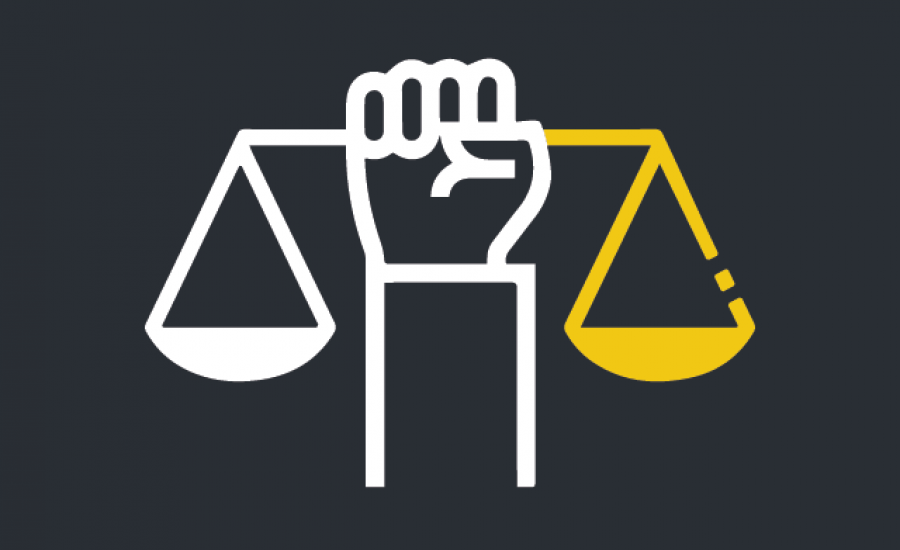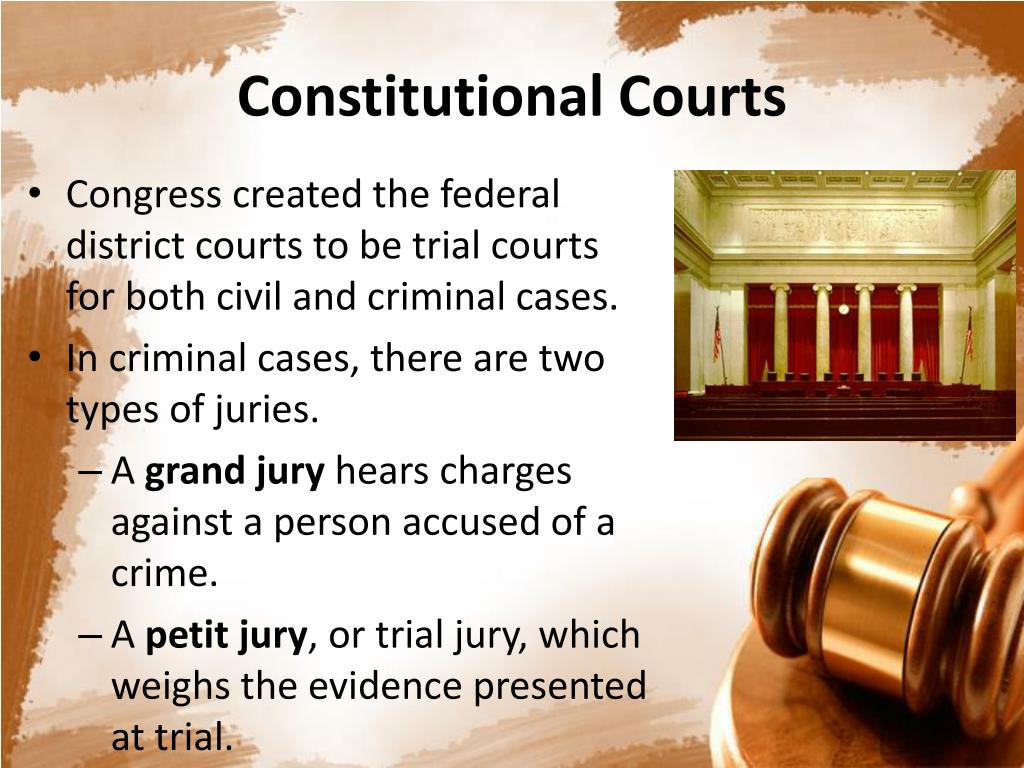
Whether it is the least restrictive means to realize the interest.It is not overly broad it must focus on the critical facets of the interest. Whether it is narrowly tailored to obtain the government interest.To be exact, the rule must be important and vital rather than cavalier. Whether it is warranted as a compelling government interest.The Courts apply three tests to the questionable law, ordinance or regulation when exercising strict scrutiny to determine its acceptability: This is specific to an issue regarding the Bill of Rights, the 14″ Amendment or when the governmental/political unit executes an action involving some characteristic of a person, like race or ethnicity.

Typically, if a governmental action harms a basic right of people, particularly to life, liberty or property, the courts employ strict scrutiny. In a situation where the legislation is challenged, depending upon the issue in question, courts rely upon two standards of judicial review to determine whether the legislation is permissible: strict scrutiny or rational basis. The purpose of substantive due process is to guarantee a person’s life, liberty or property is not taken by the government without proper justification. That is, aside from being sensible and unbiased, the law, ordinance or resolution should be, among other purposes, in the interest of the public safety, health, or welfare. Substantive due process, however, requires the substance, the content and the applicability of any legislation to be reasonable and fair and to promote a justifiable governmental objective. Once these criteria are satisfied, the municipal entity can typically show the procedural due process protections have been met, should the affected party bring such a challenge as the violation of these rights. If the decision is not in favor of the party whose interests are threatened, the reasons and the evidence upon which the decision is based must be specified. This is attained prior to the convening of the tribunal and through discovery through the hearing itself by challenging and cross-examining opposing witnesses.įinally, after all evidence is presented, a decision is made. Likewise, not only are parties permitted to present evidence in their own defense and to exhibit why the proposed deprivation is untrue, they are encouraged to do so.

Moreover affording the person the occasion for the hearing, as in any court of law, the governing body or de cision maker(s) must be objective, neutral and unprejudiced towards the individual.Īs with any civil or criminal action, the party who is confronted with the peril of losing any of these fundamental rights is permitted representation by counsel before the decision maker(s). That is, the individual facing the possible loss of any of these aforementioned rights must be given the opportunity to be heard by the governmental unit set to enact the ordinance or resolution. Next, a hearing is required when the potential deprivation of an individual’s liberty or property could become a reality. This allows such parties to be aware of the matter under consideration to have the opportunity to present any objections they may have, to ascertain what in fact the proposed action is to be and what is necessary to protect their interests. First, adequate notice must be given to the constituents, notifying interested parties of the possible action to be undertaken. In some respects, the essential characteristics of the Sunshine Laws, which govern the manner in which municipal governments, among others, establish their rules parallel the aspects of procedural due process. In Pennsylvania, the procedural due process require ments are provided for in the Local Agency Law (2 Pa, C.S.A. Substantive due process, however, requires the substance, the content, of any legislation to be reasonable and fair and to promote a justifiable governmental objective. Procedural due process concerns an actual methodology implemented, typically by statute or some other rule, during the adjudication of an issue or matter.

In that respect, the various political subdivisions comprising Pennsylvania are bound by law to respect these rights and protections as well.ĭue process is divided into two concentrations: procedural and substantive. Sections 1, 9 and 11 of Article I of the Pennsylvania Constitution reiterate these rights and the due process protections safeguarding these rights. Additionally, the Fourteenth Amendment affords this same protection to the citizens against such depriwations when actions are taken by the states against them.

The United States Constitution, specifically the Fifth Amendment, guarantees all citizens the protection of due process when they are faced with the possible loss of life, liberty and property through the actions of the federal government against them.


 0 kommentar(er)
0 kommentar(er)
